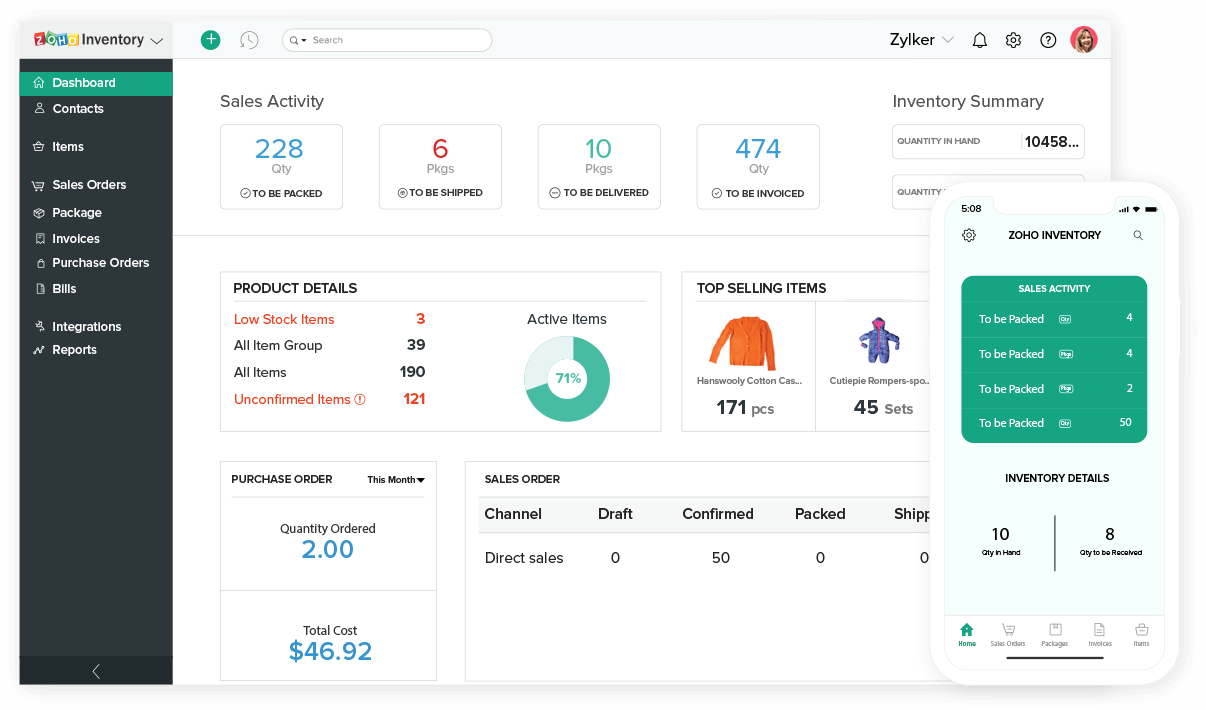Business inventory management software is transforming the way businesses manage their inventory, empowering them with real-time visibility, efficient tracking, and optimized stock levels. This article delves into the key features, types, selection criteria, and best practices of business inventory management software, providing a comprehensive guide to unlocking its full potential.
Case Studies and Success Stories: Business Inventory Management Software
In this section, we present real-world examples of businesses that have successfully implemented inventory management software, demonstrating the tangible benefits they have achieved.
These case studies highlight how inventory management software has helped businesses streamline operations, reduce costs, and improve customer satisfaction.
Improved Inventory Accuracy, Business inventory management software
- A manufacturing company reduced inventory shrinkage by 15% after implementing an inventory management system that provided real-time visibility into inventory levels.
- A retail chain improved inventory accuracy by 98% by using software that automated inventory counting and replenishment.
Reduced Costs
- A distribution center reduced warehousing costs by 20% by optimizing inventory levels and storage space using inventory management software.
li>A food and beverage company saved $1 million annually by reducing food waste and spoilage through improved inventory management.
Enhanced Customer Satisfaction
- An e-commerce retailer increased customer satisfaction by 10% by reducing order fulfillment times through efficient inventory management.
- A healthcare provider improved patient care by ensuring critical medical supplies were always in stock through effective inventory management.
Future Trends in Business Inventory Management Software
The future of business inventory management software is being shaped by several emerging trends. These trends are driven by the need for businesses to improve their efficiency, accuracy, and visibility into their inventory.
One of the most important trends is the increasing adoption of cloud-based inventory management software. Cloud-based software offers several advantages over traditional on-premise software, including lower costs, greater flexibility, and easier access to data.
Artificial Intelligence (AI) and Machine Learning (ML)
AI and ML are being used to automate many tasks in inventory management, such as forecasting demand, optimizing inventory levels, and generating reports. This can free up inventory managers to focus on more strategic tasks, such as developing new products and improving customer service.
Internet of Things (IoT)
IoT devices are being used to track inventory in real time. This can help businesses to improve their accuracy and visibility into their inventory, and to identify potential problems before they occur.
Blockchain
Blockchain is a distributed ledger technology that can be used to create a secure and transparent record of inventory transactions. This can help businesses to improve their trust in their inventory data and to reduce the risk of fraud.
Ending Remarks

In the ever-evolving landscape of business, effective inventory management is crucial for optimizing operations, reducing costs, and enhancing customer satisfaction. Business inventory management software has emerged as an indispensable tool, providing businesses with the insights and capabilities to streamline their inventory processes, increase profitability, and gain a competitive edge.
